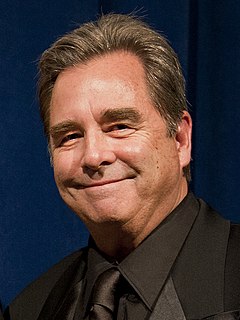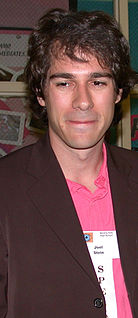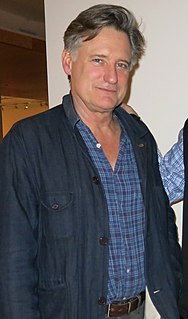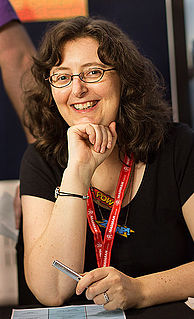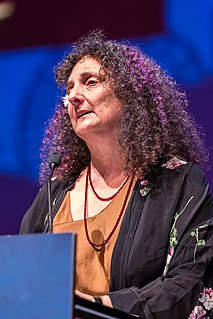A Quote by Neill Blomkamp
News is almost more interesting to me than other people's fiction, if that makes sense. But other people's fiction in terms of design is still incredibly interesting to me.
Related Quotes
Everybody should read fiction… I don’t think serious fiction is written for a few people. I think we live in a stupid culture that won’t educate its people to read these things. It would be a much more interesting place if it would. And it’s not just that mechanics and plumbers don’t read literary fiction, it’s that doctors and lawyers don’t read literary fiction. It has nothing to do with class, it has to do with an anti-intellectual culture that doesn’t trust art.
I think my first general rule is that most of my experiences are not that interesting. It's usually other people's experiences. It's not that entirely conscious. Somebody tells me a story or, you know, repeats an anecdote that somebody else told them and I just feel like I have to write it down so I don't forget - that means for me, something made it fiction-worthy. Interesting things never happen to me, so maybe two or three times when they do, I have to use them, so I write them down.
In general, fiction is divided into 'literary fiction' and 'commercial fiction.' Nobody can definitively say what separates one from the other, but that doesn't stop everybody (including me) from trying. Your book probably will be perceived as one or the other, and that will affect how it is read, packaged and marketed.


